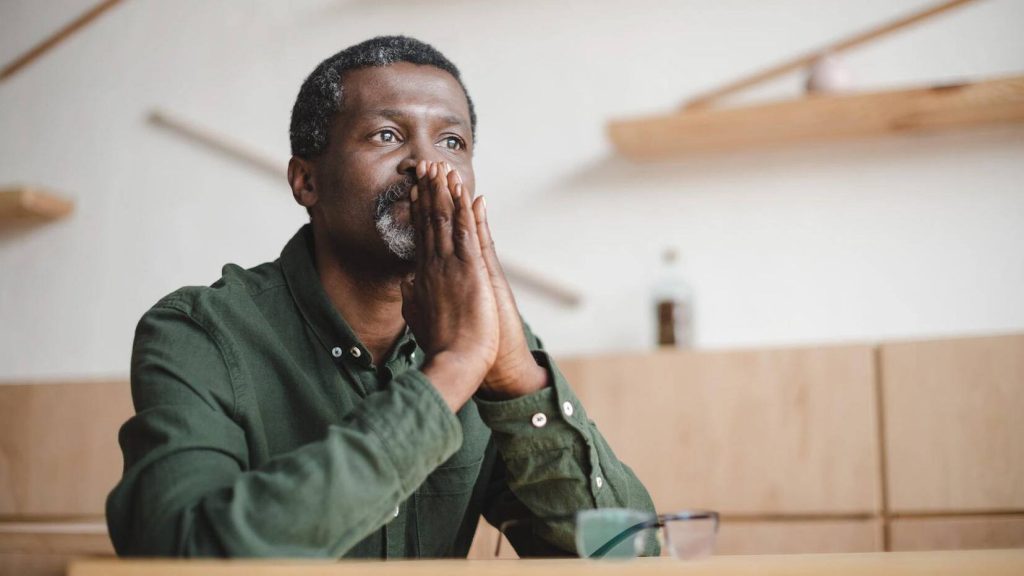-
Featured News
Mayo Clinic Q and A: Myths about minority organ donation

DEAR MAYO CLINIC: A co-worker was diagnosed with kidney disease last year. He is now on dialysis three times a week as he waits for a kidney transplant. He shared his hope to get a living donor, explaining that he will have a longer wait since there are not as many diverse people signed up as organ donors. Can you explain why this is and what can I do to help?
ANSWER:
More than 103,000 people in the U.S. are waiting for an organ transplant, according to the Organ Procurement and Transplantation Network. Nearly 60% of people on transplant waiting lists come from minority communities.
Higher rates of heart disease, high blood pressure and diabetes are present in minority communities, contributing to more kidney failure. Almost 89,000 people are waiting for a kidney transplant.
Though organs are not matched based on race and ethnicity, certain criteria, including blood type and specific antibodies, must be matched to find a compatible organ. People from various ethnic groups will have a better outcome with a donor organ from someone of a similar background.
In general, wait times in the U.S. to receive a deceased donor kidney vary based on region, but can be anywhere from three years up to 10 years. Only about 30% of donor organs are from people of color, so diverse organs are less available.
So, unfortunately, your colleague is correct in that he would likely have a longer wait time for a transplant if waiting on a deceased donor. Finding a living kidney donor is often a faster route to transplant.
Kidney donation is the most common type of living-donor transplant. Donors give one of their two healthy kidneys to the recipient. People only need one kidney to live a healthy, active life. In 2022, more than 6,400 lives were saved thanks to the generosity of living donors, according to Donate Life America.
However, there is a long-standing distrust of the healthcare community in certain minority groups, and many myths have been propagated about the process around organ donation, which has resulted in people being less likely to become organ donors.
Some of the common things I hear from patients include:
Myth: If I agree to donate my organs upon death, the hospital staff won't work as hard to save my life.
Fact: People who are organ donors will be cared for if they are in the hospital as any other person. When you go to the hospital for treatment, the healthcare team will focus on providing care for you to save your life until your injury or condition is determined to be nonrecoverable. A transplant team will not become involved before your condition is deemed as unsurvivable.
Myth: People who donate organs or tissues can't have an open-casket funeral.
Fact: Donors' bodies are treated with care and respect. And they're dressed for burial. No one can see that they donated organs or tissues.
Myth: I'm too old to donate. Nobody would want my organs.
Fact: There's no defined cutoff age for donating organs. The decision to use your organs is based on strict medical criteria, not age. Don't prematurely disqualify yourself. Let the doctors decide at the time of your death whether your organs and tissues are suitable for transplantation.
Myth: My family will be charged if I donate my organs after death.
Fact: The organ donor's family never pays for their donation. The donor family pays for all the medical care once you are determined to be a possible donor. Sometimes, families think those costs are for organ donation. But the person who gets the organs for transplant pays the costs for removing the organs.
Myth: Becoming a living donor is a lengthy and costly process.
Fact: Anyone interested in becoming a living donor will have to undergo online screening and an in-depth physical and psychological evaluation process to ensure they are a good candidate for donation. The recipient's insurance always covers the cost. However, there are some programs available to compensate potential donors for time lost from work or school or to help with travel or dependent care expenses. Once a donor is approved, the timeframe is up to the donor, recipient and the respective care teams.
Myth: Being a living donor will shorten my life span.
Fact: Most healthy people can live with only one kidney. We expect a person to live a full and normal life following their donation. At Mayo Clinic, we have living donors who have gone on to do incredible athletic feats, including climbing Kilimanjaro, running marathons and having children.
Myth: As a living donor, I must be on medication for the rest of my life.
Fact: Living donors do not have any long-term medication requirements after donation.
Myth: I can only be a living donor if I'm a match for someone.
Fact: Even if someone wants to be a donor for a relative or friend but is found to be incompatible, they can still donate as part of a paired kidney donation chain. This process allows two or more donors to be matched with appropriate recipients in an exchange.
You can help your colleague by sharing information about organ donation and encouraging others – particularly those with diverse backgrounds – to consider becoming donors. It truly is a gift of life. Go to the Donate Life America website to learn more about signing up to be an organ donor. —Dr. Shennen Mao, Transplant Center, Mayo Clinic, Jacksonville, Florida







